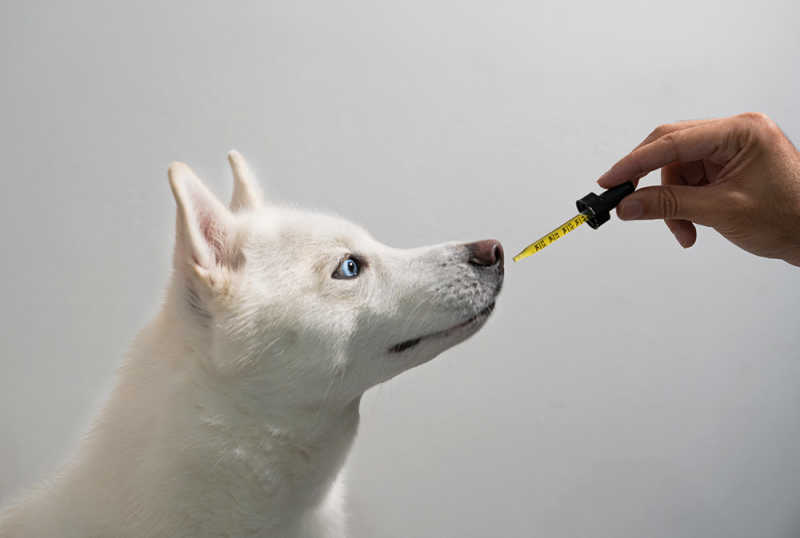CBD dog treats for travel – Keeping your pet relaxed on adventures
Successful pet travel begins long before the journey starts. Introducing calming routines weeks before planned trips helps establish positive associations with travel-related activities. Dogs respond well to consistent patterns, and early preparation allows them to develop comfort with travel carriers, car rides, or new environments. Professional trainers recommend gradual exposure to travel elements, combined with positive reinforcement, to build confidence and reduce anxiety.
Different modes of transportation present unique challenges for pets. Car travel may trigger motion sensitivity, while air travel introduces pressure changes and unfamiliar sounds. Identifying specific triggers helps in developing targeted support strategies. Some dogs experience anxiety from the confined spaces typical in travel, while others react to the constant motion or environmental changes.
Environmental adaptation strategies
Creating familiar environments during travel helps pets maintain comfort in new situations. Bringing favourite toys, blankets, or bedding provides consistent scents and textures. These familiar items serve as comfort anchors, helping dogs adjust to changing surroundings. Environmental management includes maintaining comfortable temperatures and providing adequate ventilation during transport.
Motion sensitivity management
Many dogs experience physical discomfort during travel due to motion sensitivity. Natural support measures help maintain comfort without causing drowsiness or affecting alertness. Proper positioning within vehicles, regular breaks, and adequate ventilation contribute to physical comfort during journeys. Professional veterinarians recommend starting support measures before motion sensitivity escalates.
Behavioural response patterns
Dogs display various stress signals during travel, from subtle changes in body language to more obvious signs of discomfort. Understanding these signals allows for timely intervention and support adjustment. Common indicators include excessive panting, drooling, whining, or attempted escape behaviours. Early recognition of stress signals enables proactive support measures.
Rest stop strategies
Planning regular breaks during long journeys helps maintain pet comfort and reduces stress buildup. These stops provide opportunities for physical exercise, bathroom breaks, and hydration. Maintaining familiar routines during stops, including regular feeding times and short training sessions, helps preserve normal behavioural patterns.
Altitude and pressure changes
Air travel introduces unique challenges related to altitude changes and cabin pressure. Some pets experience increased sensitivity to these changes, requiring additional support measures. Natural calming approaches help maintain comfort during takeoff, landing, and pressure fluctuations without causing sedation. While maintaining alertness and natural behaviour patterns, cbd treats for dogs provide gentle support during travel adventures. These specially formulated products help pets navigate new environments and travel experiences more comfortably. Regular use before and during travel supports consistent comfort levels throughout the journey.
Temperature regulation support
Maintaining a comfortable body temperature becomes crucial during travel, especially in varying climate conditions. Natural approaches support normal temperature regulation while helping pets adjust to environmental changes. Climate control planning includes adequate ventilation, hydration, and protection from extreme temperatures. Travel often disrupts normal sleep patterns, affecting pet behaviour and comfort levels. Supporting healthy sleep cycles helps maintain overall wellness during journeys. Natural approaches promote relaxation without interfering with normal wake-sleep patterns, helping pets maintain energy levels appropriately.
Recovery and adjustment periods
Post-travel support helps pets readjust to normal routines and environments. Natural approaches assist in managing temporary changes in behaviour or sleep patterns after journeys. Maintaining consistent support during the transition period helps prevent lingering travel-related stress. The success of travel support strategies depends on understanding individual pet needs and travel circumstances. Regular veterinary consultation ensures appropriate support measures for specific travel situations. Professional guidance helps optimize natural approaches while maintaining pet safety.


